7 Best Cities to live in South Korea : The Cheapest & The Safest
South Korea offers a variety of cities that are great choices to call home. The cost of living in these cities is generally lower compared to places like the US. South Korea is rich

South Korea offers a variety of cities that are great choices to call home. The cost of living in these cities is generally lower compared to places like the US. South Korea is rich in culture, diversity, great food, history, and tradition, while also embracing modern advancements in technology, engineering, architecture, and more.
This guide provides an overview of the best cities to live in South Korea. The cities are listed in order from most to least expensive, and each description includes key features and estimated living costs. Ultimately, the decision of which city is most ideal for you will depend on your personal preferences.
South Korea provides ample living space, and regardless of which city interests you, it's important to conduct further research. The best way to learn about a particular city is to visit its official website, engage with people living in those cities through online forums or social media, and explore books at your local library.
Overview of the Best Cities to Live in South Korea
The list below includes cities that offer not only beautiful and affordable living, but also job or educational opportunities. Although not all living hotspots are included in this list, there are some honorable mentions worth exploring later.
Seoul:
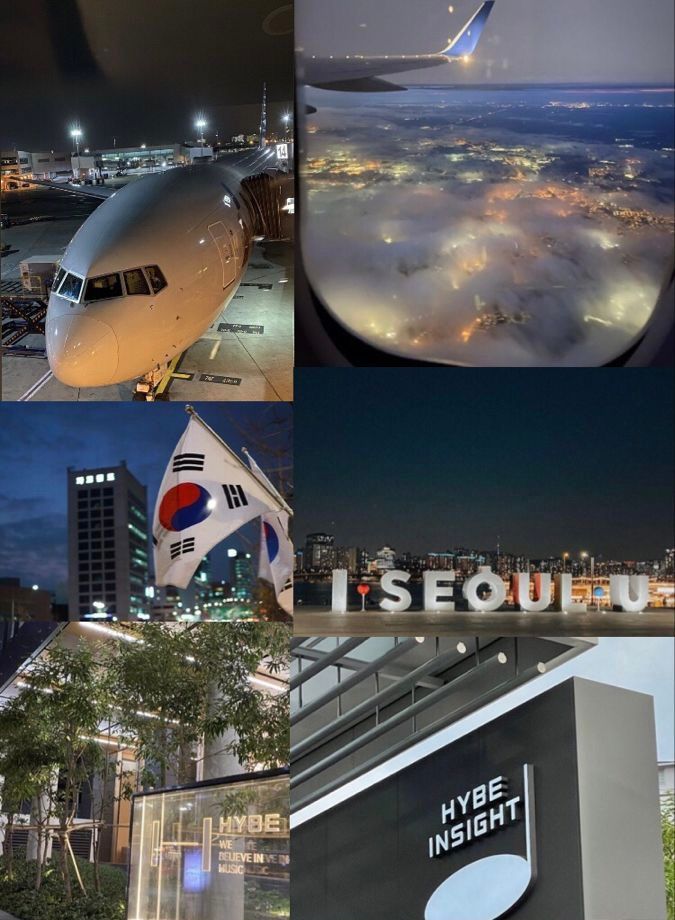
South Korea's largest city and capital, Seoul is a global hub with a population of about 10 million people. It's a center for universities, politics, business, and various industries. The cost of living is higher here, but it offers a safe environment, English-speaking communities, and a wide range of opportunities. Living costs in Seoul, South Korea can vary depending on individual lifestyles and preferences. However, here is a breakdown of the estimated monthly living expenses for one person in Seoul:
Accommodation:
- Rent for a one-bedroom apartment in the city center: $800-$1,200
- Rent for a one-bedroom apartment outside the city center: $600-$900
- Utilities (electricity, water, heating, internet, etc.): $100-$150
Food:
- Groceries: $200-$300
- Dining out and meals at restaurants: $300-$500
Transportation:
- Public transportation (subway, buses): $50-$100
- Taxis or ridesharing services: $50-$100
Health Insurance:
- National Health Insurance: Approximately $100
Communication:
- Mobile phone plan: $30-$50
Entertainment and Leisure:
- Gym or fitness club membership: $50-$100
- Movie tickets, concerts, and other recreational activities: $100-$200
Miscellaneous:
- Clothing, personal care products, and other miscellaneous expenses: $100-$200
Please note that these figures are rough estimates and can vary based on individual preferences, lifestyle choices, and the specific area of Seoul where you reside. Additionally, these estimates do not include expenses such as education, travel, or significant medical costs.
It's always recommended to research and compare prices for specific goods and services in Seoul to get a more accurate understanding of the living costs based on your personal needs and preferences.
Anyang:
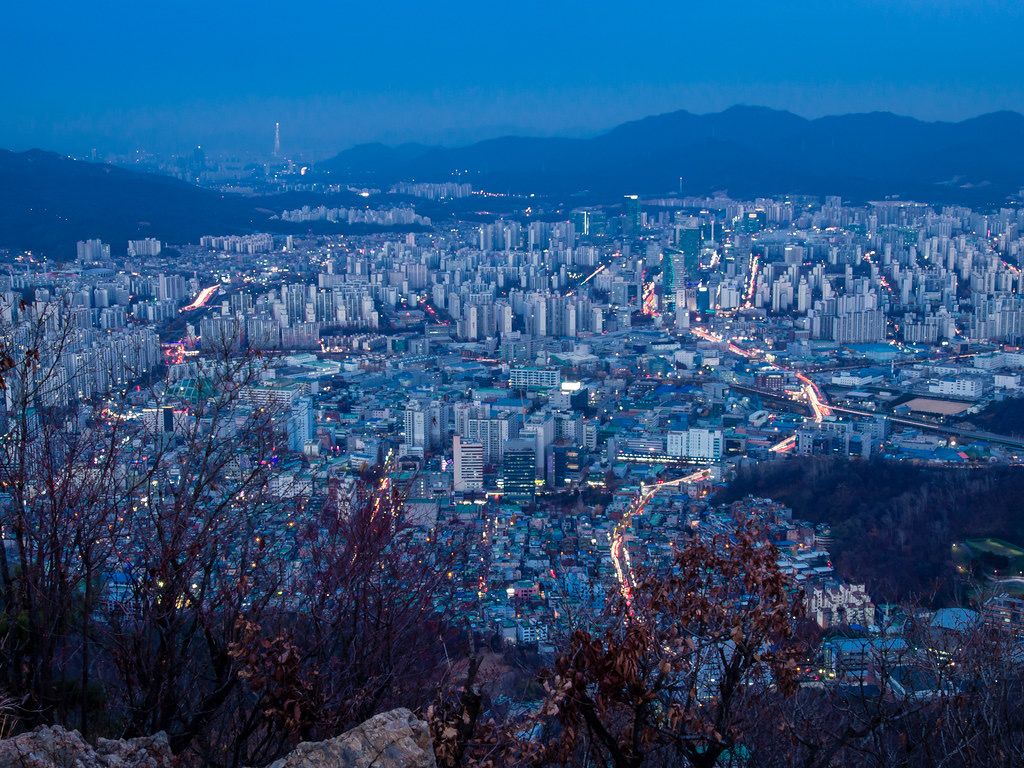
Located near Seoul, Anyang is a smaller city with a motto of "Livable City, Proud Citizens." Divided into two districts, it offers beautiful views, outdoor activities, and a quieter environment. However, there are fewer international residents, and the city faces some environmental challenges. The estimated monthly cost to live in Anyang is about $1,100. Cost of Living Breakdown in Anyang, South Korea:
Anyang, a charming city located near Seoul, offers a quieter and more peaceful environment for residents. With its motto of "Livable City, Proud Citizens," Anyang is known for its beautiful views and outdoor activities. However, it is important to consider certain factors such as fewer international residents and environmental challenges. Here is a breakdown of the estimated monthly cost to live in Anyang, which is approximately $1,100:
Accommodation: Renting a one-bedroom apartment in Anyang can cost around $500 to $700 per month, depending on the location and size of the apartment.
Utilities: Basic utilities including electricity, heating, cooling, water, and garbage services usually amount to approximately $100 to $150 per month.
Transportation: Anyang benefits from an efficient public transportation system. Monthly transportation expenses, including subway and bus fares, typically range from $50 to $100.
Food: The cost of groceries and dining out in Anyang is relatively affordable. On average, monthly food expenses for one person can range from $300 to $400, depending on personal preferences and eating habits.
Healthcare: South Korea has a renowned healthcare system. National health insurance coverage is mandatory, and the monthly premium can vary but is generally around $80 to $100.
Entertainment and Leisure: Anyang offers various recreational activities and cultural experiences. Monthly expenses for entertainment, including movies, concerts, and sports events, can amount to $100 to $200, depending on individual preferences.
Miscellaneous Expenses: Miscellaneous costs such as internet, mobile phone plans, clothing, and personal care items can add up to around $100 to $150 per month.
It's important to note that these figures are approximate and can vary based on individual lifestyles, choices, and preferences.
Bucheon:
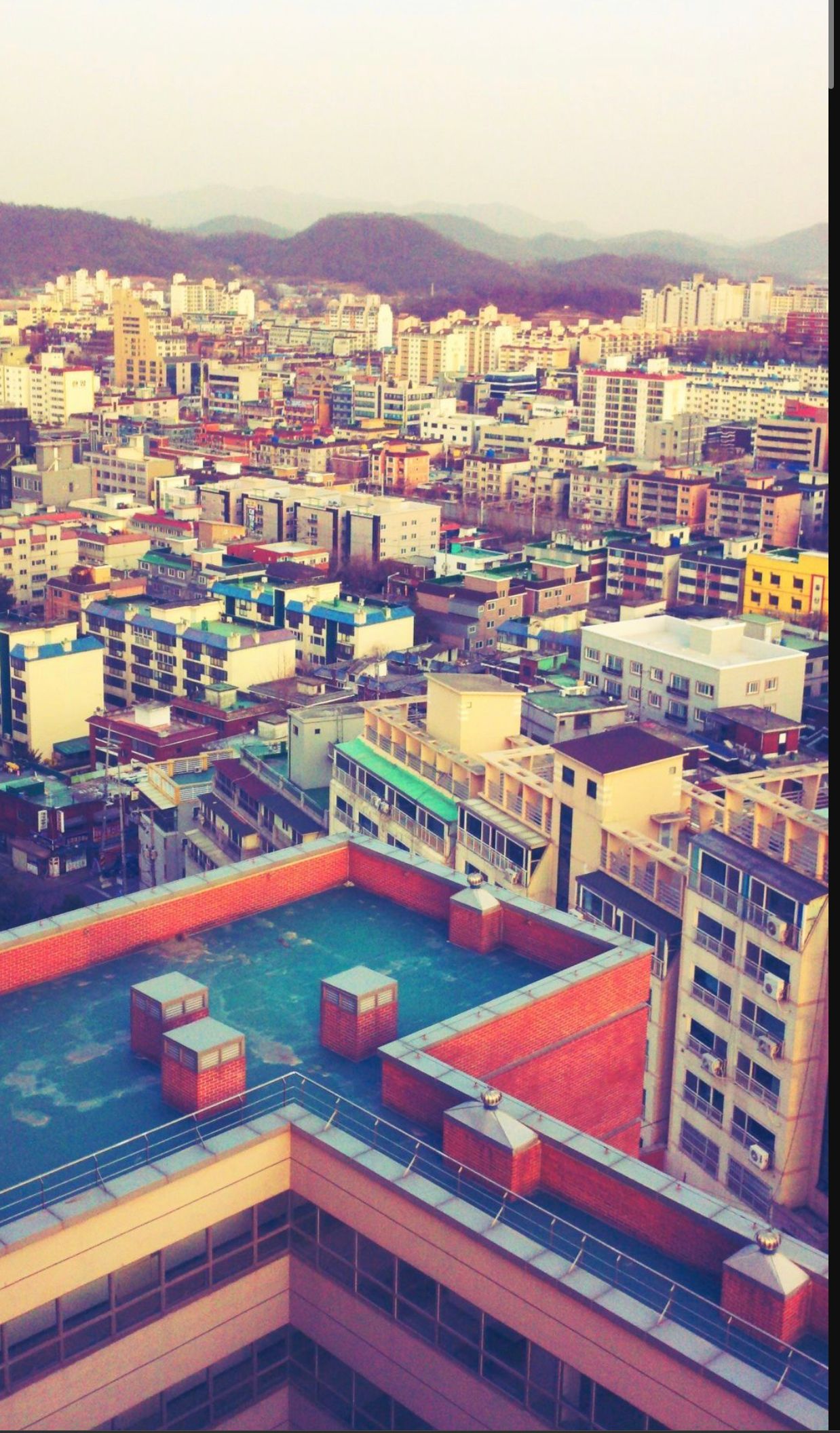
Situated about 16 miles from Seoul, Bucheon is known for its vibrant art and cultural exhibits as well as agricultural activities. The city hosts various festivals and offers a bustling shopping scene. However, Westerners living there may have a different experience compared to what tourism websites portray. The average monthly cost of living in Bucheon is around $1,150. Cost of Living Breakdown in Bucheon, South Korea:
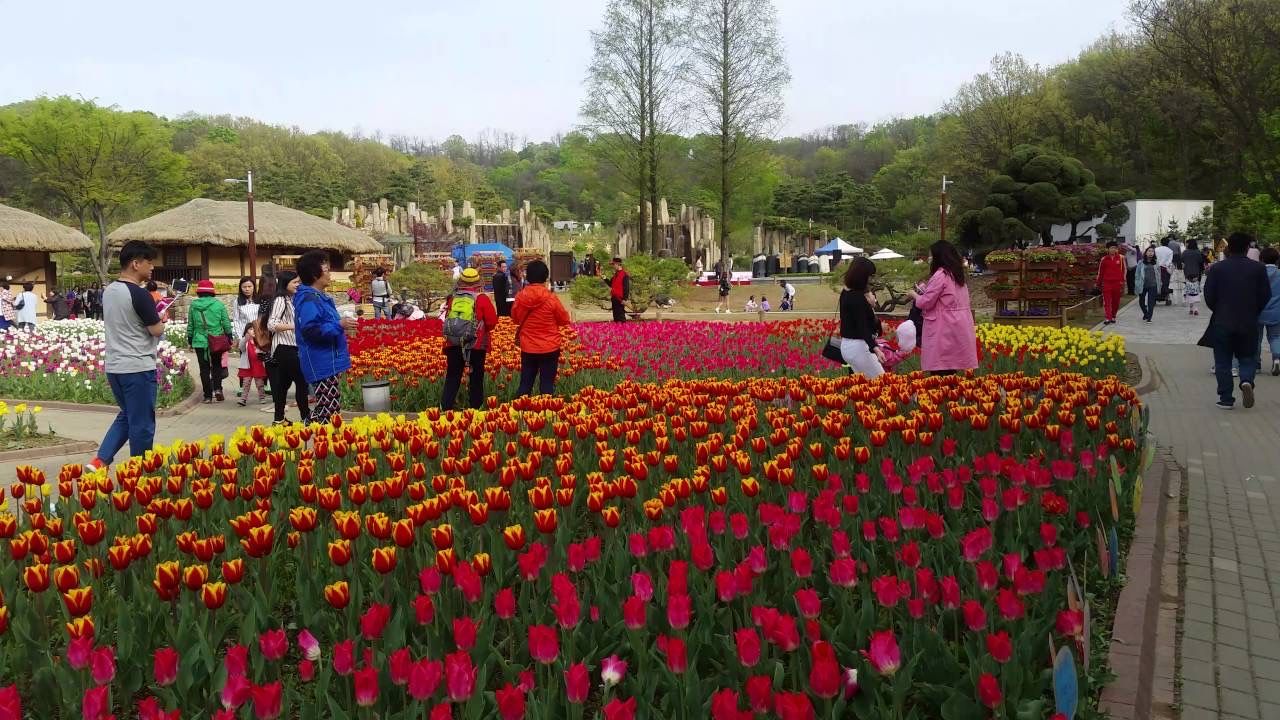
Bucheon, located approximately 16 miles from Seoul, is a city known for its vibrant art and cultural exhibits, as well as its agricultural activities. With various festivals and a bustling shopping scene, Bucheon offers a unique living experience. However, it's important to note that the experience for Westerners living in Bucheon may differ from what is portrayed on tourism websites. Here is a breakdown of the average monthly cost of living in Bucheon, estimated to be around $1,150:
Accommodation: Renting a one-bedroom apartment in Bucheon can cost approximately $500 to $800 per month, depending on factors such as location, size, and amenities.
Utilities: Basic utilities including electricity, heating, cooling, water, and garbage services usually amount to approximately $100 to $150 per month.
Transportation: Bucheon has a well-connected public transportation system, with options like buses and subway lines. Monthly transportation expenses, including fares, can range from $50 to $100.
Food: The cost of groceries and dining out in Bucheon is generally affordable. On average, monthly food expenses for one person can range from $300 to $400, depending on personal preferences and eating habits.
Healthcare: South Korea has a renowned healthcare system, and national health insurance coverage is mandatory. The monthly premium can vary, but it is generally around $80 to $100.
Entertainment and Leisure: Bucheon offers a vibrant cultural scene and hosts various festivals throughout the year. Monthly expenses for entertainment, including movies, concerts, and cultural events, can amount to $100 to $200, depending on individual preferences.
Miscellaneous Expenses: Miscellaneous costs such as internet, mobile phone plans, clothing, and personal care items can add up to around $100 to $150 per month.
It's important to keep in mind that these figures are approximate and can vary based on individual lifestyles, choices, and preferences. Additionally, costs may change over time, so it's advisable to research and gather up-to-date information before making any financial decisions.
Busan:
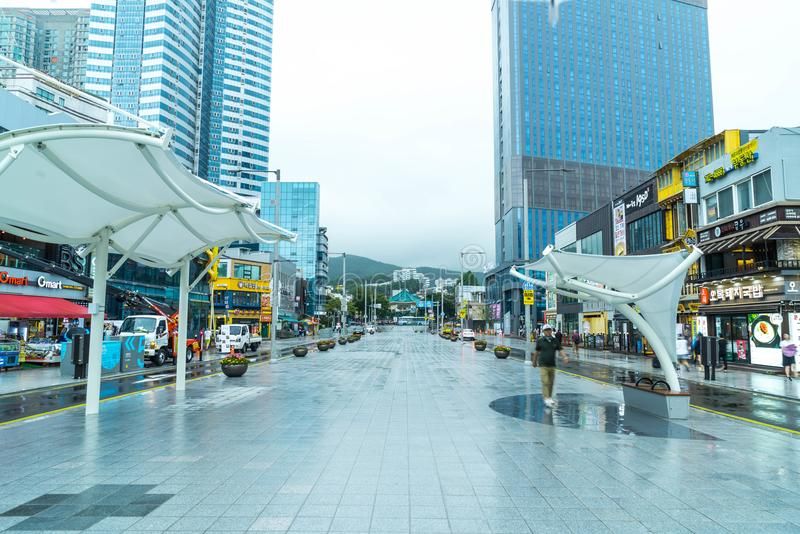
As South Korea's second-largest city, Busan boasts a thriving economy, an expansive port, and the country's largest beach, Haeundae Beach. It's a more affordable city to live in, with a lower cost of housing and overall living expenses. Busan is also a center for international conventions and sporting events. The estimated monthly cost of living in Busan is approximately $1,075. Cost of Living Breakdown in Busan, South Korea:
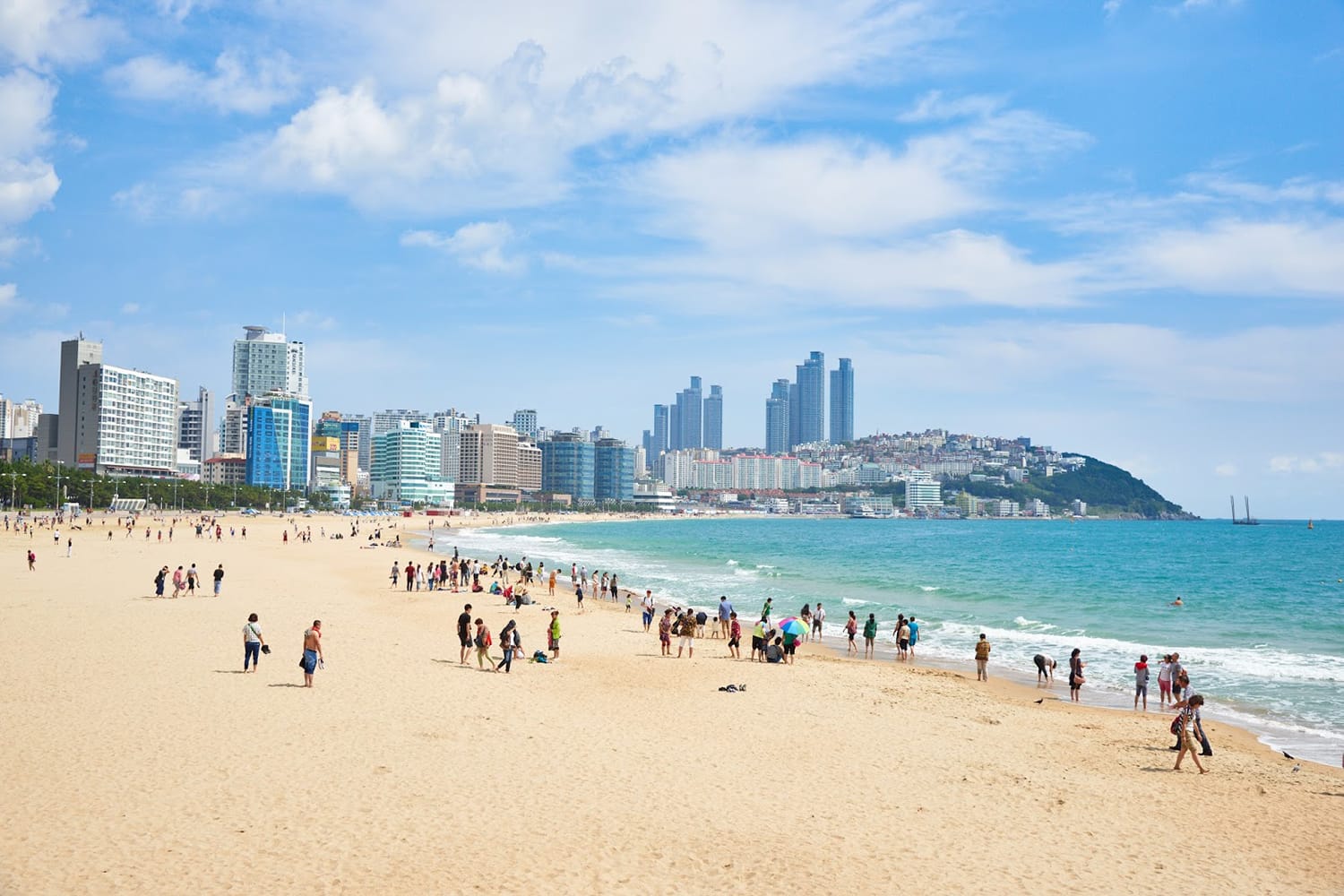
Busan, South Korea's second-largest city, offers a vibrant and diverse living experience. Known for its thriving economy, expansive port, and the famous Haeundae Beach, Busan attracts residents with its unique charm. Here is a breakdown of the estimated monthly cost of living in Busan, which is approximately $1,075:
Accommodation: Renting a one-bedroom apartment in Busan can cost between $400 and $700 per month, depending on factors such as location, size, and amenities. The cost of housing in Busan is generally more affordable compared to Seoul.
Utilities: Basic utilities including electricity, heating, cooling, water, and garbage services typically amount to around $80 to $150 per month, depending on the size of the apartment and personal consumption.
Transportation: Busan has a well-developed transportation network, including buses and a subway system. Monthly transportation expenses, including fares, can range from $40 to $70, depending on the distance traveled and frequency of use.
Food: Busan offers a variety of dining options, from street food to international cuisine. On average, monthly food expenses for one person can range from $250 to $350, depending on personal preferences and dining habits.
Healthcare: South Korea has a renowned healthcare system, and national health insurance coverage is mandatory. The monthly premium for health insurance in Busan can vary, but it is generally around $60 to $90.
Entertainment and Leisure: Busan is known for its cultural events, international conventions, and sporting activities. Monthly expenses for entertainment, such as movies, concerts, and cultural events, can range from $80 to $150, depending on personal preferences.
Miscellaneous Expenses: Miscellaneous costs, including internet, mobile phone plans, clothing, and personal care items, can add up to approximately $100 to $150 per month.
It's important to note that these figures are approximate and can vary based on individual lifestyles, choices, and preferences. Additionally, costs may change over time, so it's advisable to research and gather up-to-date information before making any financial decisions.
Seongnam:
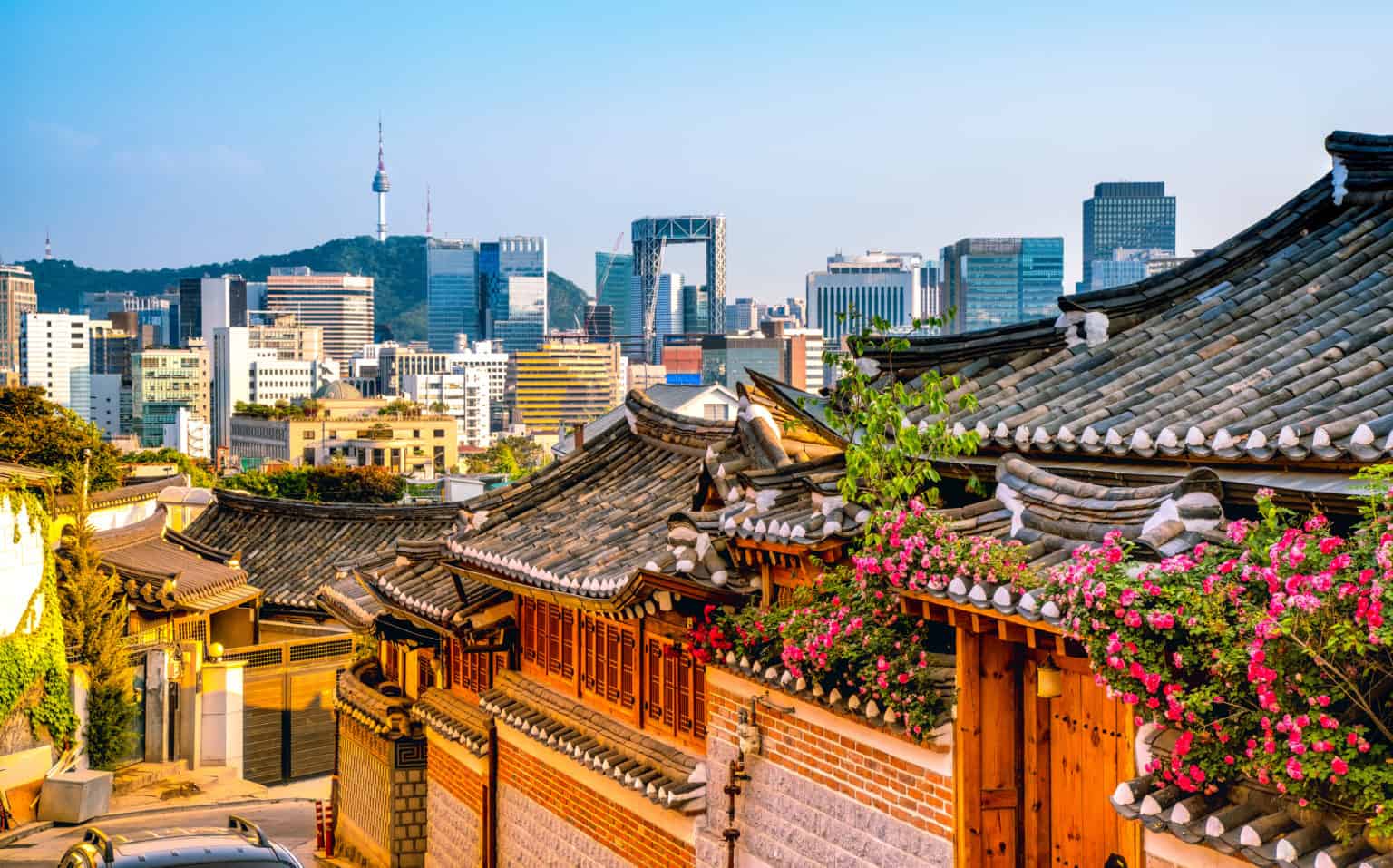
With a population of around one million people, Seongnam is a satellite city of Seoul. It focuses on industries like textiles, petrochemicals, and electronics. The city is known for its excellent public transportation system and houses some of the best libraries in South Korea. The estimated monthly cost to live in Seongnam is about $1,065. Cost of Living Breakdown in Seongnam, South Korea:
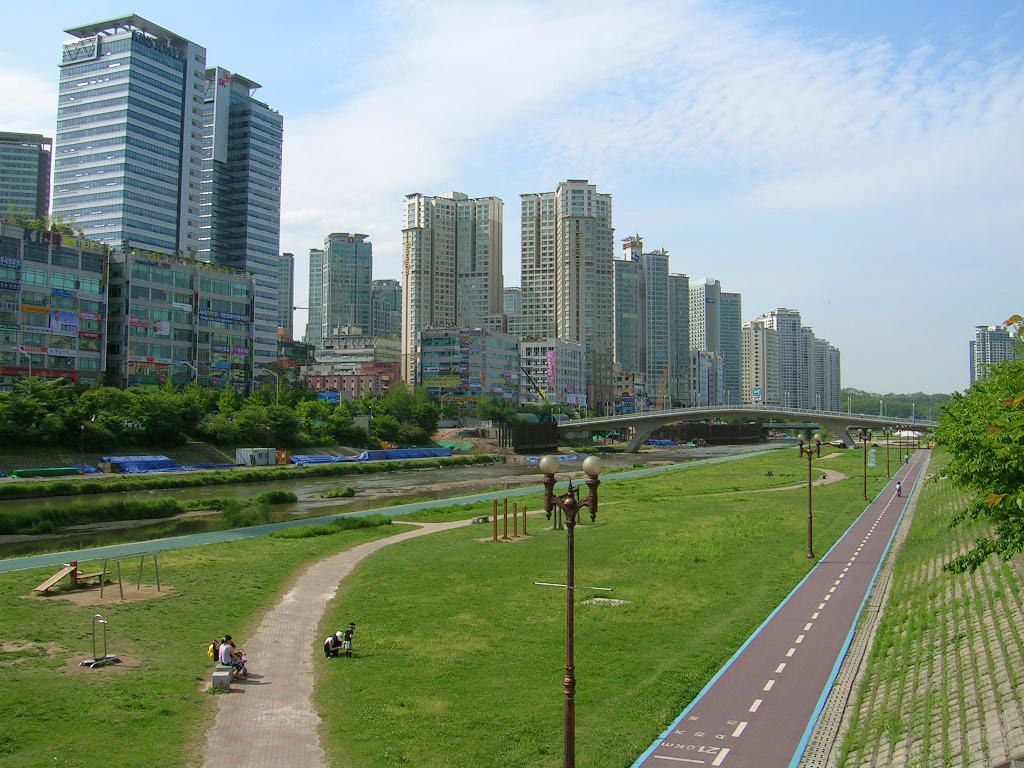
Seongnam, a bustling satellite city of Seoul, offers a dynamic living environment with a focus on industries such as textiles, petrochemicals, and electronics. Known for its excellent public transportation system and top-notch libraries, Seongnam provides residents with convenience and cultural enrichment. Here is a breakdown of the estimated monthly cost of living in Seongnam, which is approximately $1,065:
Accommodation: Renting a one-bedroom apartment in Seongnam can range from $400 to $700 per month, depending on factors such as location, size, and amenities. The cost of housing in Seongnam is generally more affordable compared to the neighboring capital city of Seoul.
Utilities: Basic utilities, including electricity, heating, cooling, water, and garbage services, typically amount to around $80 to $150 per month. However, these costs can vary depending on the size of the apartment and individual consumption.
Transportation: Seongnam benefits from a well-established public transportation system, which includes buses and subway lines connecting to Seoul. Monthly transportation expenses, including fares, can range from $40 to $70, depending on the distance traveled and frequency of use.
Food: Seongnam offers a wide range of dining options, from local eateries to international cuisine. On average, monthly food expenses for one person can range from $250 to $350, depending on individual preferences, eating habits, and dining choices.
Healthcare: South Korea has a renowned healthcare system, and national health insurance coverage is mandatory. The monthly premium for health insurance in Seongnam can vary, but it is generally around $60 to $90.
Entertainment and Leisure: Seongnam provides various recreational opportunities, including parks, cultural centers, and libraries. Monthly expenses for entertainment, such as movies, concerts, and cultural events, can range from $80 to $150, depending on personal preferences.
Miscellaneous Expenses: Miscellaneous costs, including internet, mobile phone plans, clothing, and personal care items, can add up to approximately $100 to $150 per month.
Please note that these figures are approximate and can vary based on individual lifestyles, choices, and preferences. Additionally, costs may change over time, so it's advisable to research and gather up-to-date information before making any financial decisions.
Incheon:
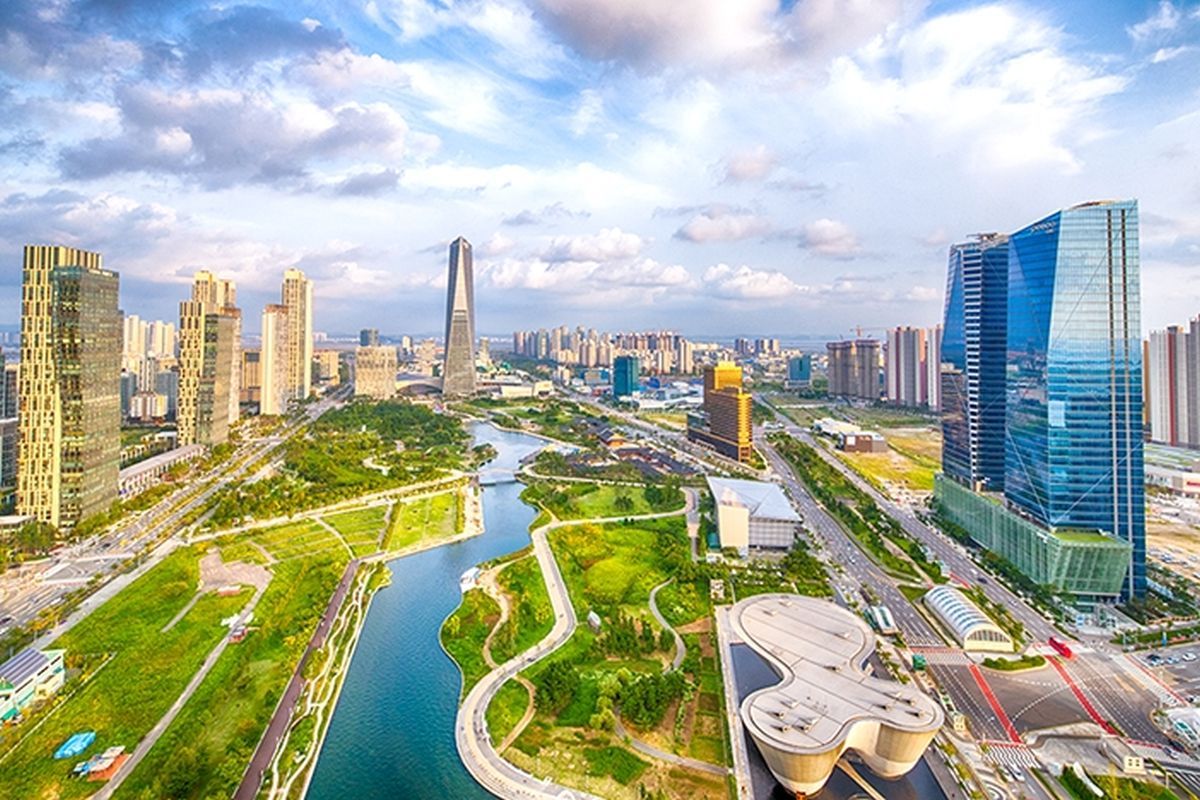
Located in the northwestern region of South Korea, Incheon is a historically significant city and a major port. It has a distinct economy and life independent of Seoul. Incheon is considered an "English City" and hosts prestigious colleges and universities. The cost of living in Incheon is affordable, with an estimated monthly cost of around $1,064. Cost of Living Breakdown in Incheon, South Korea:
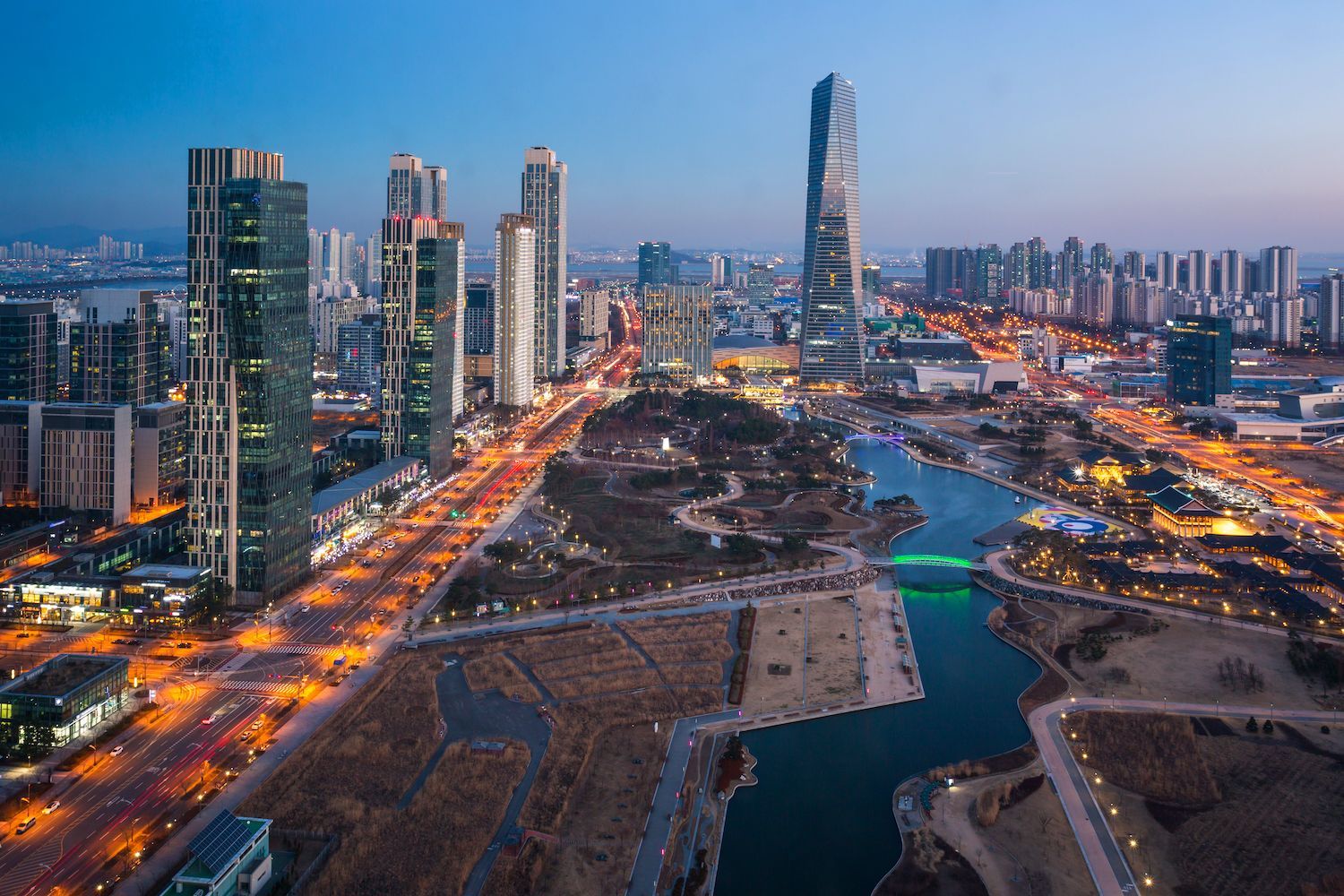
Incheon, a historically significant city and major port in the northwestern region of South Korea, offers a unique and independent lifestyle separate from Seoul. Known as an "English City" and home to prestigious colleges and universities, Incheon provides residents with diverse educational opportunities and a distinct cultural atmosphere. Here is a breakdown of the estimated monthly cost of living in Incheon, which is around $1,064:
Accommodation: Renting a one-bedroom apartment in Incheon can range from $400 to $700 per month, depending on factors such as location, size, and amenities. The cost of housing in Incheon is generally more affordable compared to Seoul.
Utilities: Basic utilities, including electricity, heating, cooling, water, and garbage services, typically amount to around $80 to $150 per month. However, these costs can vary depending on the size of the apartment and individual consumption.
Transportation: Incheon has an extensive public transportation system, including buses, subways, and a well-connected airport. Monthly transportation expenses, including fares, can range from $40 to $70, depending on the distance traveled and frequency of use.
Food: Incheon offers a diverse culinary scene, ranging from local street food to international cuisine. On average, monthly food expenses for one person can range from $250 to $350, depending on individual preferences, eating habits, and dining choices.
Healthcare: South Korea has a renowned healthcare system, and national health insurance coverage is mandatory. The monthly premium for health insurance in Incheon can vary, but it is generally around $60 to $90.
Education: Incheon is home to prestigious colleges and universities, and educational expenses can vary depending on the level of education pursued. Tuition fees and other education-related costs should be considered if applicable.
Entertainment and Leisure: Incheon offers various recreational opportunities, including parks, museums, theaters, and shopping centers. Monthly expenses for entertainment, such as movies, concerts, and cultural events, can range from $80 to $150, depending on personal preferences.
Miscellaneous Expenses: Miscellaneous costs, including internet, mobile phone plans, clothing, and personal care items, can add up to approximately $100 to $150 per month.
Please note that these figures are approximate and can vary based on individual lifestyles, choices, and preferences. Additionally, costs may change over time, so it's advisable to research and gather up-to-date information before making any financial decisions.
Goyang:
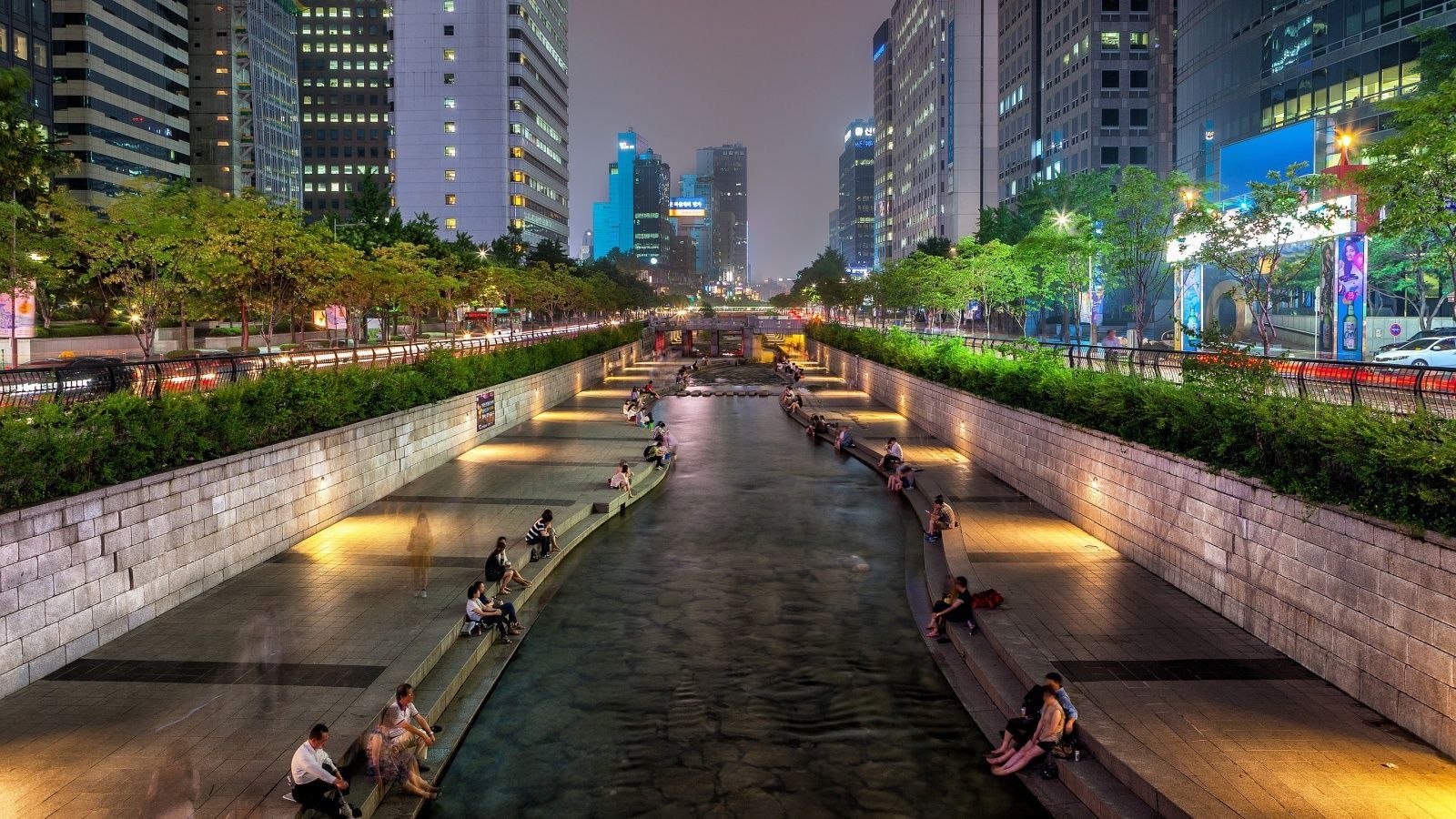
Another satellite city near Seoul, Goyang offers educational institutions, a thriving agricultural sector, and a bike-sharing system. The city is known for its hockey culture and serves as a hub for international relations. The estimated monthly cost of living in Goyang Cost of Living Breakdown in Goyang, South Korea:
Goyang, a satellite city located near Seoul, offers a range of educational institutions, a thriving agricultural sector, and convenient transportation options, including a bike-sharing system. The city is also renowned for its hockey culture and serves as a hub for international relations. Here is a breakdown of the estimated monthly cost of living in Goyang:
Accommodation: Renting a one-bedroom apartment in Goyang can range from $400 to $800 per month, depending on factors such as location, size, and amenities. The cost of housing in Goyang may be more affordable compared to central Seoul.
Utilities: Basic utilities, including electricity, heating, cooling, water, and garbage services, typically amount to around $80 to $150 per month. However, these costs can vary depending on the size of the apartment and individual consumption.
Transportation: Goyang offers various transportation options, including buses and a bike-sharing system. Monthly transportation expenses, including fares, can range from $40 to $70, depending on the distance traveled and frequency of use.
Food: Goyang provides a variety of dining options, from local street food to restaurants and cafes. On average, monthly food expenses for one person can range from $250 to $350, depending on individual preferences, eating habits, and dining choices.
Healthcare: South Korea has a well-established healthcare system, and national health insurance coverage is mandatory. The monthly premium for health insurance in Goyang can vary, but it is generally around $60 to $90.
Education: Goyang's educational institutions offer diverse educational opportunities. If pursuing education, tuition fees and other related costs should be considered.
Entertainment and Leisure: Goyang offers recreational activities such as parks, cultural events, and sports facilities. Monthly expenses for entertainment, including movies, concerts, and leisure activities, can range from $80 to $150, depending on personal preferences.
Miscellaneous Expenses: Miscellaneous costs, including internet, mobile phone plans, clothing, and personal care items, can add up to approximately $100 to $150 per month.
Please note that these figures are approximate and can vary based on individual lifestyles, choices, and preferences. Additionally, costs may change over time, so it's advisable to research and gather up-to-date information before making any financial decisions.